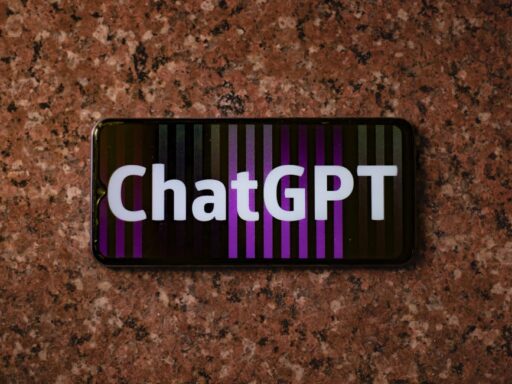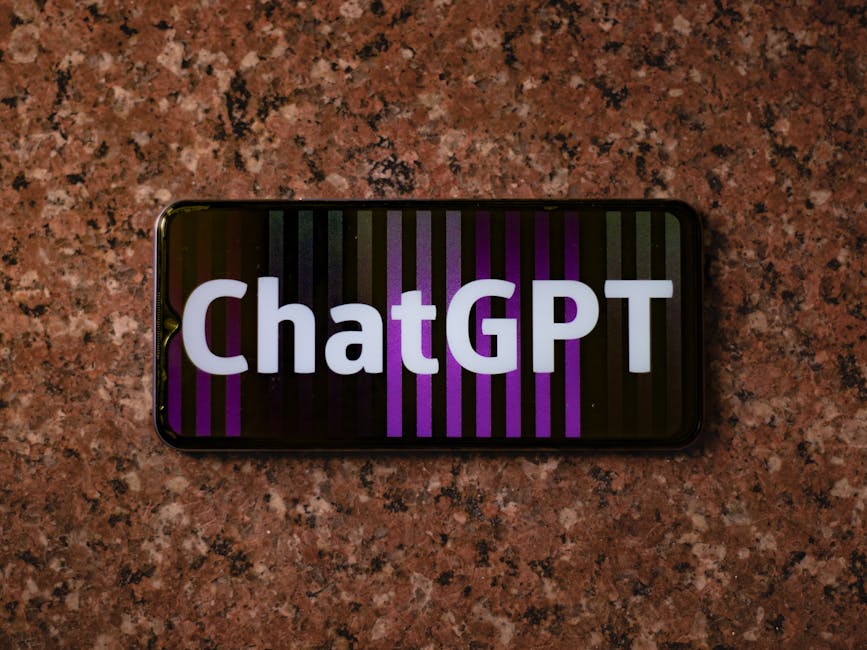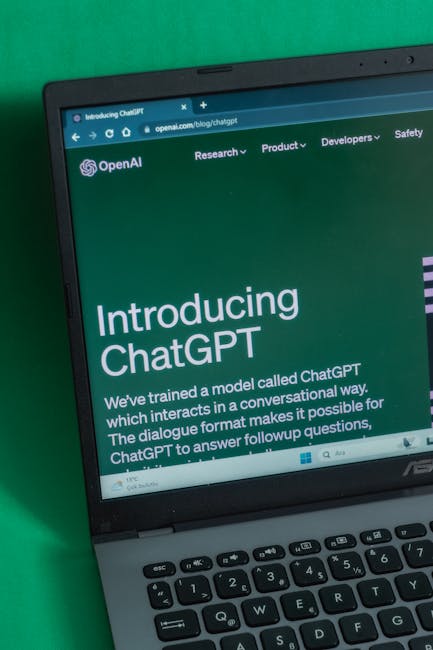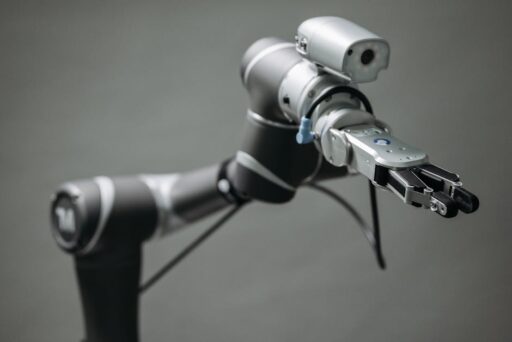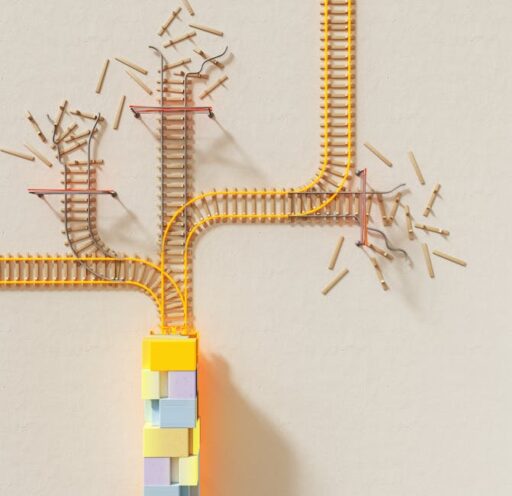The landscape of copyright law is undergoing a significant transformation, driven largely by advancements in artificial intelligence (AI) technology. The recent $1.5 billion settlement in a landmark class-action lawsuit highlights the ongoing tension between creators and tech companies. This settlement, although significant, serves as a reminder of the broader challenges facing the creative industries in an era dominated by AI.
At the heart of the issue is the use of copyrighted material to train large language models (LLMs), which underpin AI products like ChatGPT and Claude. While these technologies promise groundbreaking capabilities, they also pose a threat to traditional creative industries. The more data AI systems ingest, the more sophisticated they become. However, this drive for data has led to controversial practices, such as the unauthorized use of millions of books for AI training.
The legal landscape is still evolving. A recent ruling affirmed that training AI on copyrighted material can be considered ‘transformative’ under the fair use doctrine, a key aspect of copyright law. However, this interpretation is not without controversy. The ruling emphasized that while AI systems learn from existing works, their purpose is to create something new rather than replicate the originals.
This case sets a precedent for future legal battles between creators and tech companies, as more lawsuits are expected to emerge. While some view this as a necessary evolution of copyright law, others see it as a potential threat to the rights and livelihoods of authors and other creators.
As the legal system grapples with these complex issues, the outcomes of these cases will shape the future of both AI development and copyright protection. The hope is that a balance can be struck that fosters innovation while also protecting the rights of creators.

